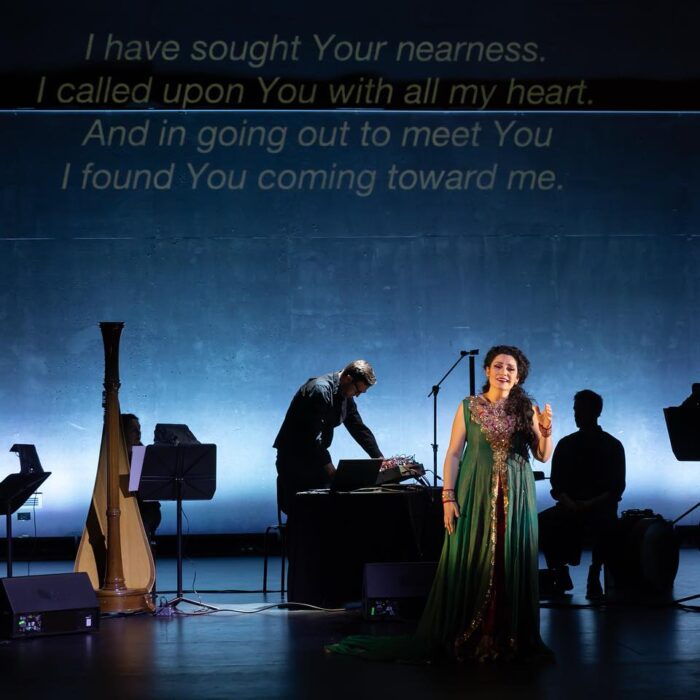
Franz Liszt & His Two Long-Lost Operas
By David SalazarFranz Liszt and the world of opera are not necessarily the most identifiable match. While the composer, born on Oct. 22, 1811, created his fair share of vocal pieces (he wrote, among other things, a lot of songs and choral works), his encounters with opera are extremely rare.
In fact, until very recently there was only one work that was attributed to him in terms of opera. Soon there will be more.
The first of his operas is “Don Sanche, ou Le château de l’amour.” He composed the work between 1824 and 1825 with a libretto by Frenchman Théaulon and de Rancé. It premiered in Paris on Oct. 17, 1825, when the composer was just a few days away from his 14th birthday. The premiere was a ravishing success. Here is an excerpt by Lina Ramann, the composer’s biographer.
“At the conclusion the applause was boundless; the public called rapturously for their darling and for Nourrit, the singer of the principal part. Then the latter, a tall and stately figure, with an overflowing of amiability, took in his arms the young composer, still small for his fourteen years, and carried him before the audience, whose jubilation was without bounds. Kreutzer, too, came and caressed and embraced him.”
But the opera itself would find a mixed reception thereafter with only four performances taking place in total. “Don Sanche” would then be lost to history for decades, only to be rediscovered in 1903 and eventually get its first modern performance 74 years later.
The same thing is now happening to his second work, “Sardanapale,” which was based on a play by Lord Byron, and was composed between 1849 and 1850. Unlike “Don Sanche” which was completed from start to finish, Liszt seemed to lose interest in “Sardanapale” after composing just one act.


